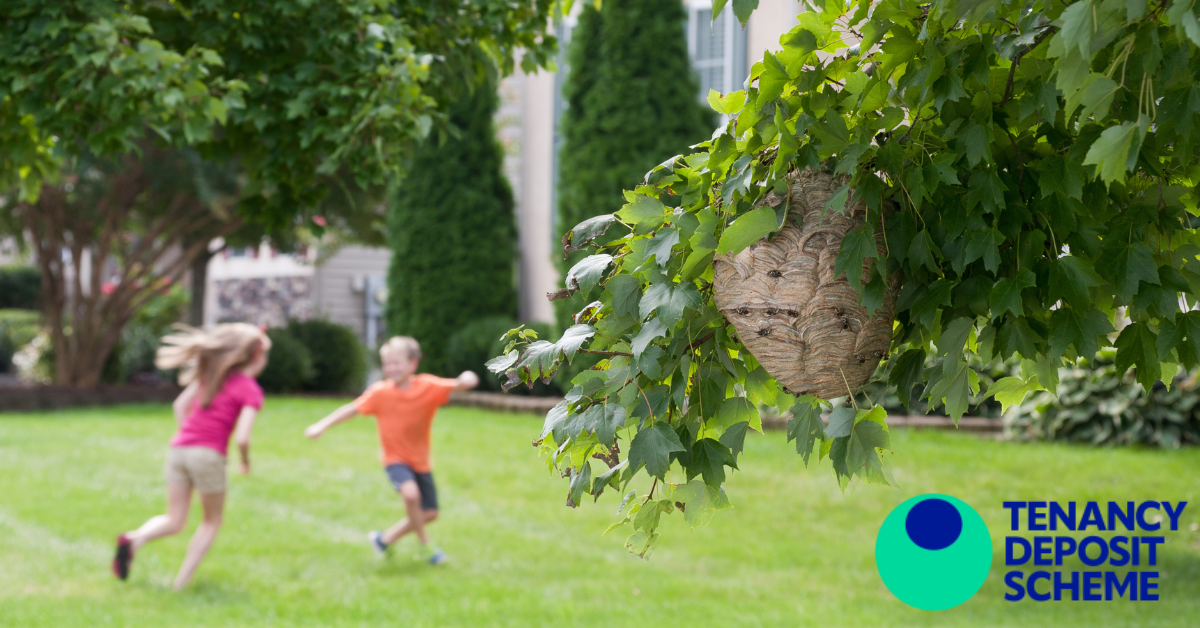Tenancy Deposit Scheme for Landlords
Tenancy Deposit Scheme Discount for NRLA Members

Trusted, easy deposit protection
Protect your deposits with the Tenancy Deposit Scheme, the only not-for-profit, UK-owned tenancy deposit protection scheme in the UK. With over £2 billion in deposits safely protected, we offer both free deposit protection in our Custodial scheme and the lowest rates for landlords through our Insured scheme.
Save with TDS
We offer the lowest rates for NRLA Members*:
|
TDS Insured You hold the deposit |
TDS Custodial TDS holds the deposit |
|
|---|---|---|
| Deposit £499.99 and under |
£13.20 (save £5.30 per deposit) |
FREE |
| Deposit £500 and over |
£17.95 (save £7.55 per deposit) |
FREE |
Why TDS?

Don't just take our word for it
As I previously had a letting agent for my property I was really unsure about how to take over management, especially around the deposit. Tenancy Deposit Scheme (TDS) made this a stress free experience for me. Their customer service is excellent, providing friendly and timely advice. No question is too small and it feels like a very personal experience. Thank you TDS!
I’ve used the TDS for all my tenancies since protecting deposits with an independent organisation became law. After researching the schemes available, I decided to use the TDS for all my tenancies and have been very happy with the service and professionalism.
As well as the peace of mind of having such a professional organisation to act as an intermediary in an end of tenancy dispute, the TDS website provides a wealth of information, case studies and legal precedents to help guide landlords. Keep up the good work.
TDS Essential annual responsibilities for landlords
TDS End of Year Winter Maintenance
TDS Landlord's Guide to Repairs in Rental Properties
TDS Tenancy Deposit Protection Guide for Student Accommodation and HMOs
TDS Guide to Property Inventories
TDS Spring Cleaning Guide
TDS Energy Efficiency Guide for Rented Homes
TDS Autumn Maintenance for Landlords
TDS Guide to Pets in Rented Properties
TDS Guide to Student Lets
TDS guide to product lifespans
TDS Spring guide to garden maintenance for landlords
Articles
Accidental landlord? What you need to know!
Becoming a landlord isn’t always part of the plan. Whether you’ve inherited a property, moved in with a partner while keeping a spare home, or simply can’t sell in a tough market, stepping into the role of a landlord can feel overwhelming. In this blog, the Tenancy Deposit Scheme lists seven common mistakes accidental landlords often make, and how to avoid them with our 10 point checklist.
5 ways to avoid deposit disputes this summer
Summer is a busy time for landlords, the end of tenancy season brings a whole lot of moving in and moving out, especially with students wrapping up their courses and families relocating during the school holidays. But with all this activity comes the potential for disputes over deposits. The good news is, with a bit of preparation and communication, you can avoid the common issues that cause headaches later on.
The summer mid-year check-in for landlords
In this guide produced by the Tenancy Deposit Scheme in partnership with the NRLA, we’ll walk you through practical seasonal tasks and important mid-year reminders. Whether you’re a new landlord or have years of experience, this check-in guide will ensure you stay on top of summer duties.
Summer Q&A - Your questions answered
Summer can be one of the busiest times of year for landlords. From student move-outs and garden overgrowth to hot weather problems and holiday absences, the warmer months bring a unique set of challenges. In this Q&A, the Tenancy Deposit Scheme addresses some of the most common questions we receive from landlords during the summer period.
Uninvited guests: Dealing with ants, wasps and rats in rental properties
From ants invading the kitchen, to wasps setting up camp in the loft, to rats making the most of overflowing bins, summer brings its fair share of unwanted visitors. And when tenants start reporting creepy crawlies or furry intruders, the big question landlords often face is: “Who’s responsible for sorting this out?”. In this blog, the Tenancy Deposit Scheme shares what landlords need to know about handling summer pest issues, who is responsible, and how to avoid things escalating into a deposit dispute.





